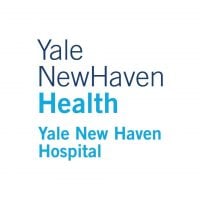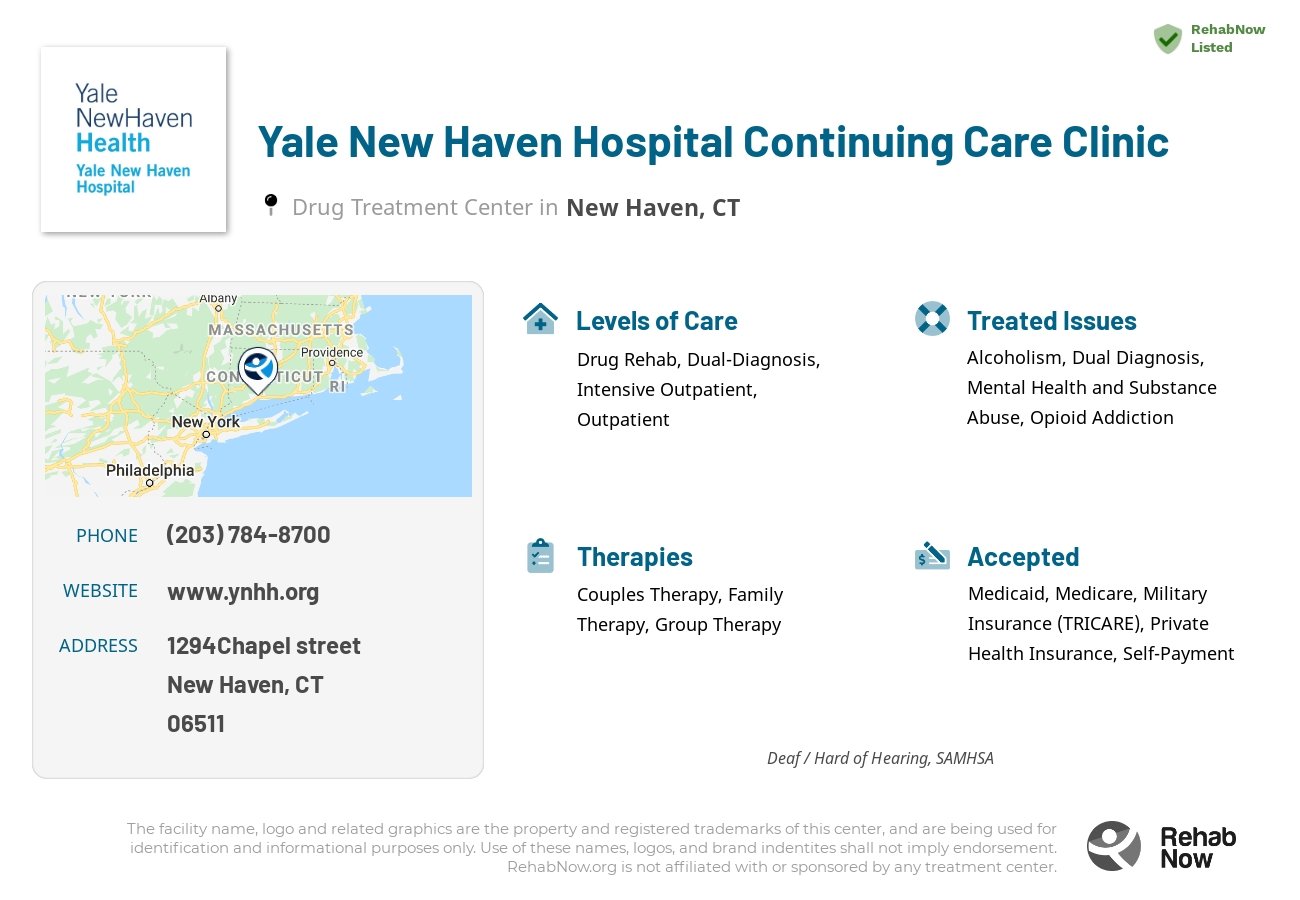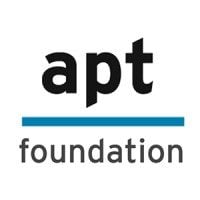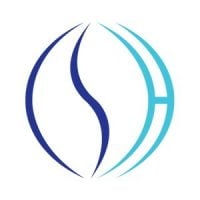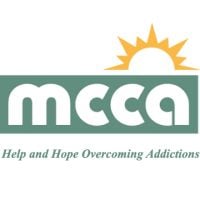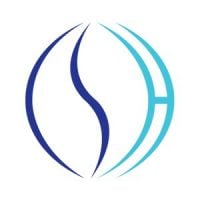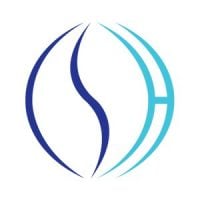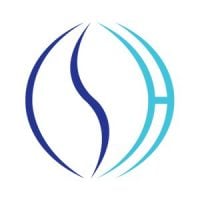Yale New Haven Hospital Continuing Care Clinic
Drug Rehab Center in New Haven, Connecticut
The Yale New Haven Hospital Continuing Care Clinic provides comprehensive and individualized drug rehab and addiction treatment services, featuring multiple levels of care, accreditation by SAMHSA, acceptance of most private health insurance plans, and a team of experienced medical professionals offering therapeutic techniques such as CBT and DBT.
About This Connecticut Facility
Located in New Haven, Connecticut, Yale New Haven Hospital Continuing Care Clinic offers specialized treatment for alcoholism, drug addiction, dual diagnosis, mental health and substance abuse, as well as opioid addiction. This private rehab is committed to excellence in patient care, leaning on innovation and a strong link to research and community service, making it a unique space for recovery.
Being a part of the renowned Yale New Haven Health system and accredited by SAMHSA highlights its adherence to high-quality care standards. Patients at this clinic benefit from a comprehensive approach that addresses drug rehab, dual-diagnosis treatment, intensive outpatient programs, and outpatient care, ensuring a tailored treatment journey.
- Comprehensive Dual-Diagnosis Treatment: Specializes in treating both addiction and underlying mental health issues, offering a path to holistic recovery.
- Intensive Outpatient Programs: Allows patients to engage in rigorous treatment while maintaining their daily obligations, providing flexibility in recovery.
- Innovative Patient Care: Affiliated with Yale New Haven Health, the clinic introduces innovative care and support methodologies benefiting from ongoing research and development in healthcare.
Yale New Haven Hospital Continuing Care Clinic focuses on treating a range of addictions, including to alcohol, opioids, and other drugs, with a special emphasis on the intricacies of dual diagnosis. Patients can expect personalized care plans that may include both outpatient and intensive outpatient treatments, aiming at long-term sobriety and mental wellness.
Genders
Ages
Modality
Additional
Accreditations
SAMHSA
Conditions and Issues Treated
Opioid addiction treatment should be done in a medically supervised drug rehab. Opioid addiction treatment will include detoxification and drug rehab counseling to help both the user and their loved ones learn how to live a successful sober lifestyle. Methadone, buprenorphine, and naltrexone are three medications that can help treat opioid addiction. Individual drug rehab counseling sessions can be helpful to discuss any questions or concerns with the drug treatment program.
When addiction and psychiatric issues co-occur, the addict’s recovery is more successful when both conditions are treated. A dual diagnosis refers to a condition in which the patient is diagnosed with two health issues: addiction and bipolar disorder.
Usually, dual diagnosis sufferers are prescribed a combination of treatments for each condition. The most common therapies are psychotherapy, behavioral therapy, spiritual counseling, 12-step programs, and medication management.
Psychiatric conditions are an obstacle to recovery because they can create roadblocks to a healthy lifestyle. Drugs and alcohol may be used as a means of self-medication, which can have dangerous consequences. Over time, addicts build up a tolerance and suffer withdrawal symptoms when drug use is stopped.
With the proper treatment, dual diagnosis sufferers can overcome their conditions and achieve lasting sobriety.
Levels of Care Offered at Yale New Haven Hospital Continuing Care Clinic
This center offers a variety of custom treatment tailored to individual recovery. Currently available are Drug Rehab, Dual-Diagnosis, Intensive Outpatient, Outpatient, with additional therapies available as listed below.
The Intensive Outpatient Program at Yale New Haven Hospital Continuing Care Clinic is for those who need intensive care but would rather get it in the comfort of their own home. The treatment programs vary in duration and intensity and can be tailored to suit the individual’s needs. IOP helps the patient to live at home and gradually get back to their routine life.
Daily trips to the hospital that provides the treatment include intensive outpatient services (IOP). The patients gradually get back to their everyday lives. IOP benefits the most when the patients have a supportive family member or friend who can encourage them in their recovery.
Individuals struggling with drug addictions can get help from several treatment options, including inpatient and outpatient programs. Outpatient drug treatment programs can also provide patients with different levels of care, usually depending on the patient’s degree of addiction.
At an outpatient program in New Haven, a patient will attend a recovery program during the day and return home in the evening. Suppose a patient is struggling with drug addiction. In that case, an outpatient program can serve as an effective transition point during the recovery process.
Therapies & Programs
Couples therapy is beneficial for couples in which at least one partner has a substance use disorder. This type of therapy can help partners improve communication skills, which is an important factor in a healthy relationship. It can also help partners better understand one another so they have a greater understanding of how the other partner may be feeling.
Benefits of couples therapy include:
- Improvement in communication skills
- Increased understanding of the dynamics within a relationship
- Increased sense of support and trust in the relationship
- Better teamwork between partners/increased willingness to listen and work together
- Enhanced tolerance of each other’s shortcomings
- Improved ability to have open, honest communication with each other
Family therapy is a crucial part of drug treatment and getting sober. It is one of the most effective ways to help addicts stay on the path to long-term sobriety. When a drug addict decides that they want to try and get sober, it takes the support of every person they love to succeed. It can be incredibly difficult for loved ones to watch an addict go through the pain and suffering of withdrawal, but by being there with them and supporting them, they can help to make sure that the addiction never returns.
One of the most important parts of family therapy is the relapse prevention plan. During treatment, therapists and doctors will often sit down with the addict and their family to develop a plan in case the addict ever feels like they want to use again. This plan should involve steps the addict and family can take together to prevent them from relapsing in the future. An addict’s family can play a vital part in helping them to avoid relapse because they can spot the warning signs and help them get back on track before it becomes too much of a problem.
Group therapy helps prevent addicts from feeling isolated or unique in their situation by offering a sense of comfort and fellowship. It also creates a forum for addicts to build their support systems and learn from each other. The group therapy sessions at Yale New Haven Hospital Continuing Care Clinic occur in a group setting rather than one-on-one to create a safer, controlled environment where addicts feel comfortable.
Cognitive Behavioral Therapy (CBT) is a common therapeutic approach to help drug addicts. It teaches addicts new ways of thinking and behaving so that they can avoid relapse. There are several forms of CBT used in drug rehabilitation centers.
Cognitive Restructuring helps addicts identify faulty, negative thinking so that they can work together with the therapist to find healthier ways of thinking, resulting in better decision-making.
Cognitive Behavioral Therapy for Addiction uses the principles of CBT to help treat addiction. It focuses on specific aspects of each person’s thinking, feeling, physiology, and behavior. It aims to identify specific problems in these areas and create a personalized treatment strategy.
Payment Options Accepted
For specific insurance or payment methods please contact us.
Is your insurance accepted?
Ask an expert, call (888) 674-0062
Yale New Haven Health Associated Centers
Discover treatment facilities under the same provider.
- Yale - Adult Intensive Outpatient in New Haven, CT
- Yale - Behavioral Health Services and Intensive Outpatient in Hamden, CT
- Yale - Continuing Care in New Haven, CT
- Yale - Child and adolescent Outpatient Psychiatric Services in New Haven, CT
- Yale - Psychiatric Hospital in New Haven, CT
Learn More About Yale New Haven Health Centers
Additional Details
Specifics, location, and helpful extra information.
New Haven, Connecticut 6511 Phone Number(203) 784-8700 Meta DetailsUpdated April 15, 2024
Staff Verified
Patient Reviews
There are no reviews yet. Be the first one to write one.
New Haven, Connecticut Addiction Information
Connecticut has a higher rate of substance abuse and addiction than the national average. The state ranks in the top 10 in the country for illicit drug dependence among those ages 18 to 25. In 2010, there were 9,211 people admitted to an alcohol treatment facility for alcohol abuse combined with a secondary drug. Connecticut ranked fifth in the United States of America for the number of fatalities involving drunk driving in 2014.
There are 9,000 people addicted to drugs in New Haven, Connecticut. The most common drugs are methamphetamines and marijuana. Alcohol is also abused by many residents. 20% of Connecticut residents have a substance abuse disorder, and 28,409 people died from drug overdoses in 2015. Drug treatment centers in New Haven, CT, offer detoxification. The therapeutic portion of treatment may involve individual counseling, group therapy, and recreational activities.
Treatment in Nearby Cities
- Stafford Springs, CT (56.7 mi.)
- Wethersfield, CT (31.0 mi.)
- Manchester, CT (38.8 mi.)
- Old Saybrook, CT (28.8 mi.)
- Cobalt, CT (26.5 mi.)
Centers near Yale New Haven Hospital Continuing Care Clinic
The facility name, logo and brand are the property and registered trademarks of Yale New Haven Hospital Continuing Care Clinic, and are being used for identification and informational purposes only. Use of these names, logos and brands shall not imply endorsement. RehabNow.org is not affiliated with or sponsored by Yale New Haven Hospital Continuing Care Clinic.
